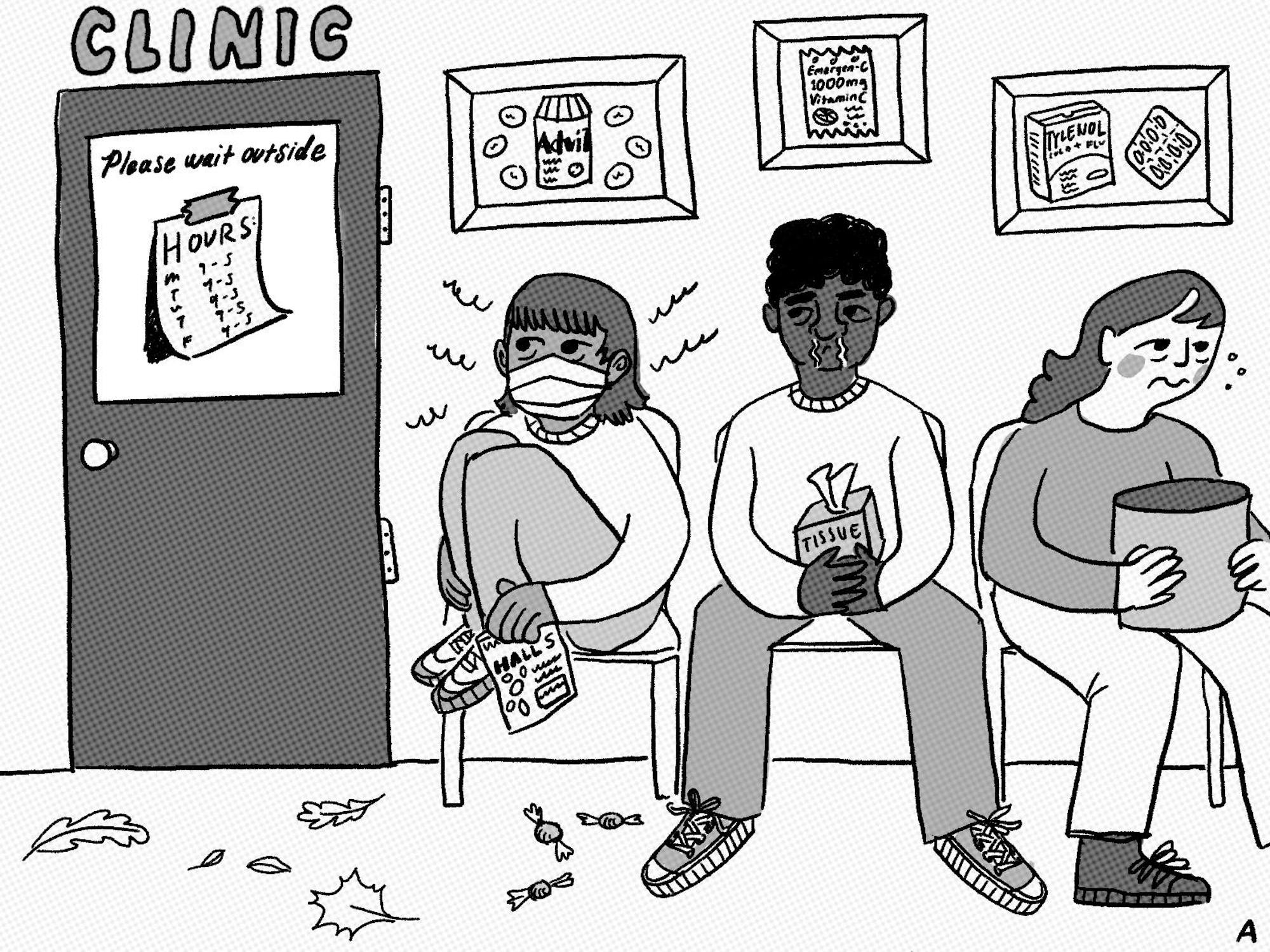During my psychiatry rotation at Tufts Medical Center, I found myself in the emergency room, helping determine whether a patient should be involuntarily hospitalized. The task of committing someone against their will is riddled with ethical dilemmas. Throughout my medical education, the notion of patient autonomy stands paramount to any other ethical principle. But, in the ER, the tenet completely unravels.
Section 12 is a Massachusetts General Law that allows for the admission of an individual to a general or psychiatric hospital for psychiatric evaluation and treatment. Essentially, it grants healthcare providers the authority to keep a patient who is at risk of harming themselves or others due to mental illness in the hospital for up to three business days. When someone is “sectioned,” they are taken to the inpatient psychiatric unit where they will live until they are deemed stable enough for discharge.
When a patient arrives at the inpatient unit, they are committed either voluntarily or involuntarily. Involuntary commitment involves stripping a patient of their rights, a process akin to incarceration. Patients are allotted a daily 15-minute break for fresh air but are otherwise confined to a hallway, often housing 20 or more residents. They also face mandatory limits on using their electronic devices, which proves challenging for many. One of my patients reported that her ability to delineate between reality and delusion was impaired when she could not read the news.
However, inpatient psychiatric commitment is often necessary for rehabilitating patients’ psychiatric symptoms, hallucinations, manic episodes or depressive moods. It allows for a medical team of doctors, social workers and nurses to work closely with a patient to do a complete diagnostic evaluation. This evaluation involves various interviews with the patient to understand their full psychiatric history, life story and symptomology. Based on the findings from our continuous observation of the patient, one can determine their diagnoses and the appropriate medications.
While I am often disappointed by the various statistics I read regarding access to medical services, I was pleased to learn that Massachusetts is a trailblazer for mental health care. Recently, Massachusetts approved $10 million to expand access to inpatient mental health care and the state ranks second in the nation, behind Vermont, in mental health care access.
One of Massachusetts’ novel initiatives includes the Expedited Psychiatric Inpatient Admissions program. It is a state-funded program that expedites the process for inpatient hospitalization when a patient has been in the emergency room for over 60 hours. It mobilizes the state mental health department, insurance companies and key players at the hospital to find beds for patients as soon as possible. Alternatively, patients may wait days in the ER, even if they are acutely suicidal. Reports found that patients seeking inpatient hospitalization for mental health care may wait three to four times longer than patients presenting with acute physical ailments.
Mental health is a topic within medicine that does not get enough attention. My six weeks working in a high-acuity psychiatric department taught me that psychiatric patients are some of the sickest in the hospital; they are truly in the limbo of life and death. Massachusetts is a leader on mental health parity, and I hope that other states can follow its lead.






